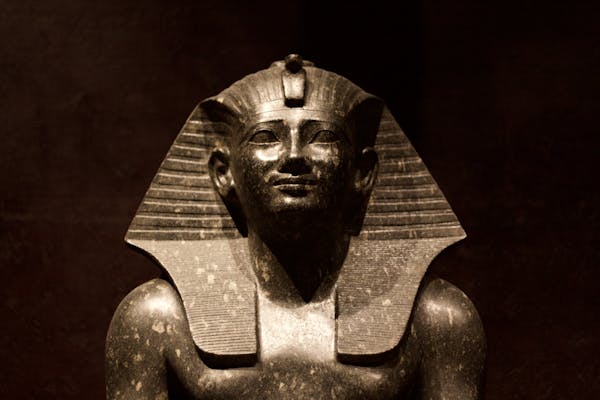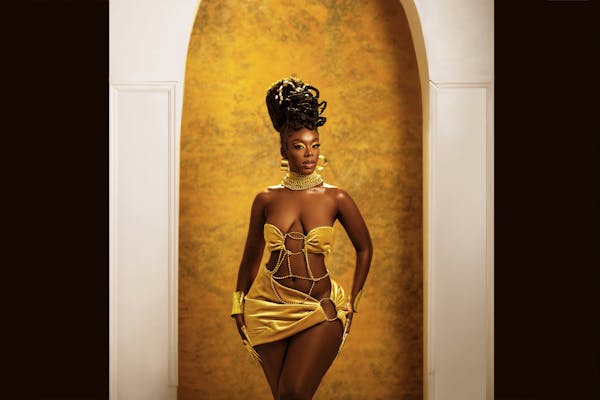
The Soft Life has become a popular concept in recent years, often associated with a lifestyle of luxury, indulgence, and self-care. It’s a lifestyle that is promoted heavily on social media, with influencers and celebrities sharing images of themselves enjoying expensive vacations, gourmet meals, and designer fashion. But where did this concept originate from? Let’s take a closer look at the history of the Soft Life.
This post may contain affiliate links. This means I will earn a commission if you purchase through my link, at no extra cost to you. Please read the full disclosure here.
Ancient Roots
The concept of living a life of ease and luxury has been around for centuries. In ancient Rome, for example, the wealthy enjoyed lavish banquets, chariot races, and gladiator fights. In ancient China, the emperors and their courtiers indulged in leisurely pursuits such as gardening and calligraphy. But the Soft Life also has roots in African cultures.
African Origins of the Soft Life
In ancient Africa, the Soft Life was seen as a sign of wealth and status. For example, the pharaohs and other wealthy individuals in ancient Egypt would spend their time enjoying lavish banquets, hunting expeditions, and spa treatments.
They also indulged in the arts, such as music and dance. In West Africa, the Soft Life was exemplified by the lifestyle of the kings and queens of the Ashanti Empire. These rulers were known for their opulent palaces, luxurious clothing, and extravagant parties. They would also enjoy leisurely pursuits such as fishing, hunting, and playing games.

Modern-Day Soft Life
In more recent times, the Soft Life has become a popular concept in African popular culture. Nigerian musicians such as Davido and Wizkid often sing about living the Soft Life, and their music videos depict a lifestyle of luxury and excess. In South Africa, the concept of “Joburg Style” has emerged, which is all about indulging in the city’s luxurious lifestyle.

In Western countries, the Soft Life is often associated with millennials and their desire for comfort, convenience, and self-care. This demographic is known for valuing experiences over material possessions and prioritizing mental and physical well-being. The Soft Life has also become a way for people to take a break from the stress and chaos of everyday life, and indulge in some much-needed relaxation and self-care.
Conclusion
The Soft Life has a rich and varied history that spans many different cultures and time periods. Whether it’s enjoying a spa treatment in ancient Egypt or posting pictures of your vacation on Instagram, the desire for comfort, luxury, and self-care is a universal one. By understanding the origins of the Soft Life, we can gain a better appreciation for this lifestyle and what it represents.
FAQs
1.What does the Soft Life mean?
The Soft Life refers to a lifestyle of luxury, indulgence, and self-care.
2. Where did Soft Life originate from?
Soft Life has ancient roots, with examples from Western and African cultures.
3. How do people live the Soft Life today?
In modern times, the Soft Life is often associated with millennials and their desire for comfort, convenience, and self-care. Discover practical ways to live a soft life here.
4. Is the Soft Life a negative concept?
The Soft Life can be seen as negative if it promotes excessive consumption and materialism. Read more about it here
5. Is the Soft Life a new concept?
No, the Soft Life has been around for centuries, with examples in ancient Rome, China, Egypt, and Africa.

Leave a Reply